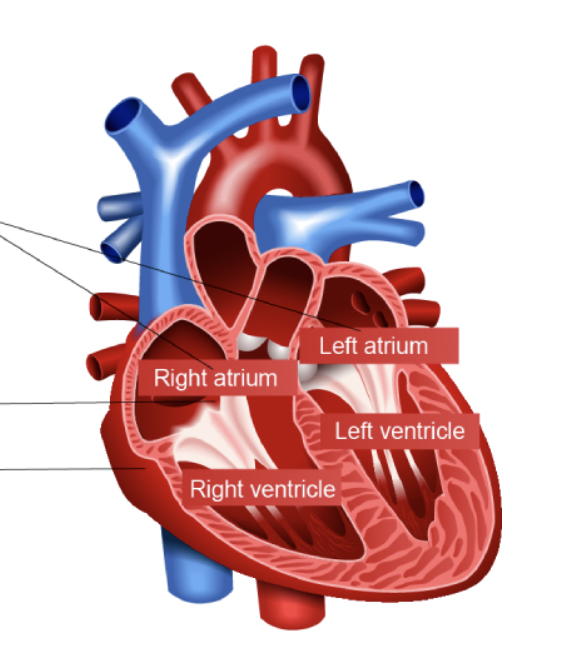How does Atrial Fibrillation cause a stroke? Generally a stroke is caused by a clot blocking the flow of blood to the brain or a blood vessel bursting and bleeding (less common) into the brain. A stroke can be fatal or can affect your ability to walk, talk, see, read or do things you used to do. In atrial fibrillation the electrical signals near the heart’s pacemaker, the sinus node, becomes erratic causing the heart to beat out of rhythm and beat faster (the rate). It prevents the smaller atrial chambers from pumping properly resulting in the risk of blood clots. These clots may travel to the brain and cause a stroke.
People with atrial fibrillation are five times more likely than others to have a stroke. To help prevent a stroke from atrial fibrillation:
Atrial fibrillation can be treated with medication and with other procedures. Reduce your risk of a stroke and keep an eye on your heart. If you need help changing your diet or getting into exercises our friendly therapist can help. Just contact Therapy Professionals, Phone: 377 5280, Mobile: 027 435 8970, Email: [email protected] Comments are closed.
|
AuthorShonagh O'Hagan Archives
July 2024
|


 RSS Feed
RSS Feed